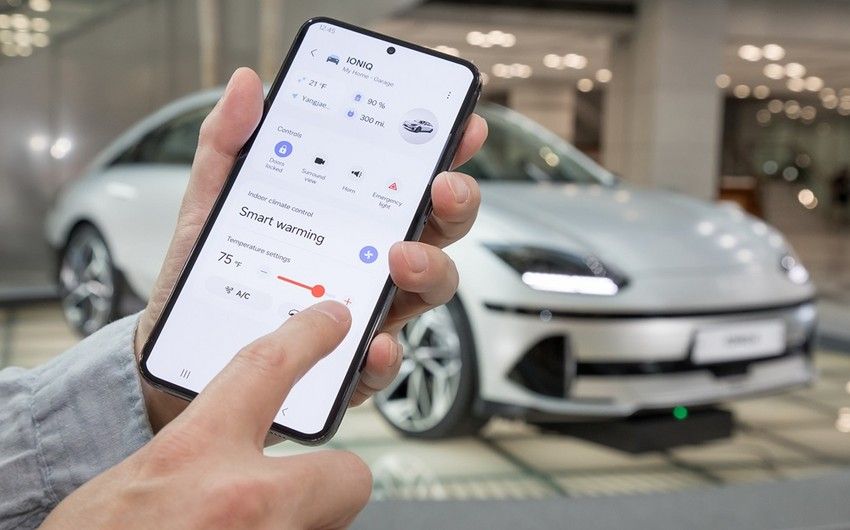By Alimat Aliyeva
The world’s largest semiconductor manufacturers are reducing investments compared to initial plans due to lower demand for smartphones and electric vehicles, Azernews reports.
According to the report, the world's 10 leading semiconductor manufacturers have adjusted their investment plans for 2024, reducing the total investment volume by 2% compared to the previous year, down to $123.3 billion. This is $9.5 billion less than the plans announced in May 2024, which had projected a 6% increase.
Observers note that the primary reason for the reduction is a sharp decline in demand for smartphones and other devices, which had surged to peak levels during the COVID-19 pandemic. Additionally, a slowdown in the Chinese economy has further dampened demand. While recovery in demand was expected in 2024, most industries, except for artificial intelligence (AI), are experiencing weak demand. Semiconductor investments for electric vehicles (EVs) are also falling, as demand for EVs in Europe and the United States is declining.
According to the SEMI, a global association of chip manufacturers, only 70% of the world’s chip production capacity is currently in use, while 80% is considered the regulatory level in the sector.
At the same time, companies focused on providing chips for AI applications are seeing an increase in investments. For instance, TSMC has estimated its capital expenditures for 2024 at $30 billion, while SK Hynix plans to invest $70.2 billion over the next five years.
Preliminary estimates indicate that the global semiconductor market in 2024 will be valued at $626.8 billion, representing a 19% increase compared to the previous year. However, this growth is largely driven by the artificial intelligence sector, rather than automotive and other industrial chips.
This shift in focus highlights the growing importance of AI as a key driver of the semiconductor market. The rapid advancements in AI technologies, including machine learning and data processing, are fueling demand for specialized chips, while traditional markets like smartphones and EVs are facing a period of consolidation and slower growth.

